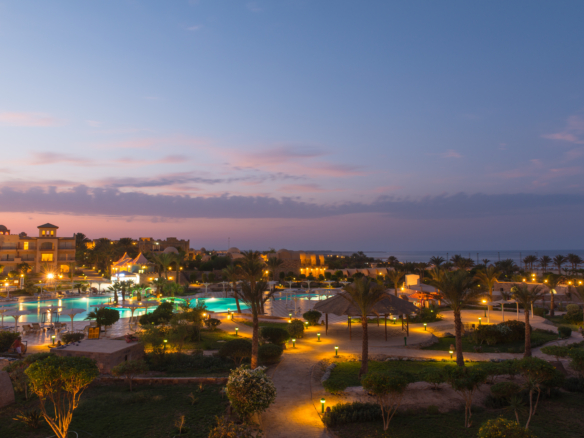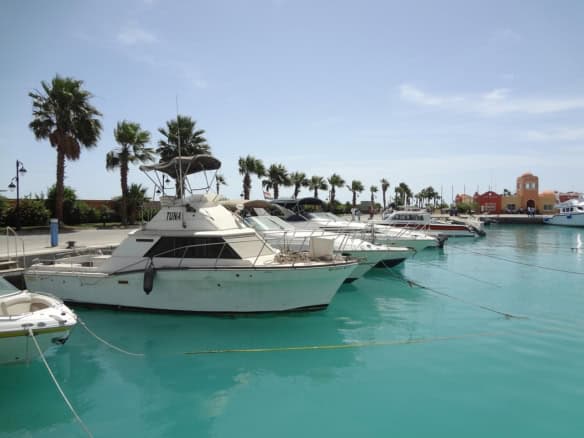Hurghada, a prime Red Sea destination, attracts investors and expats seeking property ownership. Understanding Egypt’s real estate laws is crucial for secure transactions. This guide explores property ownership regulations,foreign investor rights, legal procedures, and tax implications in Hurghada.
Legal Framework for Property Ownership in Egypt
Egypt’s property laws are governed by:
- Civil Code Law No. 131 of 1948 – Defines ownership rights.
- Investment Law No. 72 of 2017 – Encourages foreign investment.
- Notary Law – Regulates property registration.
Foreigners can own property but with restrictions on agricultural land and border areas.
Can Foreigners Buy Property in Hurghada?
Yes! Foreigners can own:
- Residential units (apartments/villas)
- Commercial properties
- Tourism-related real estate
Restrictions:
- Limited to two properties per foreigner.
- Cannot own land in Sinai or agricultural zones.
Steps to Buy Property in Hurghada
Find a Property
Work with licensed real estate agents.
Due Diligence
- Verify property title (Tasgeel).
- Check for liens or disputes.
Sales Contract (Aqd Bay’)
Drafted by a notary, including:
- Buyer/seller details.
- Property description.
- Payment terms.
Registration at the Notary Office
Required for legal ownership transfer.
Pay Taxes & Fees
- Registration Tax: 2.5% of property value.
- Stamp Duty: 0.15%.
- Notary Fees: ~1-2%.
Financing & Mortgages for Foreign Buyers
- Some Egyptian banks offer mortgages to foreigners (typically 50-70% LTV).
- International investors may use offshore financing.
Taxes & Ongoing Costs
- Annual Property Tax: 10-40% of rental income (if leased).
- Capital Gains Tax: 2.5% if sold within 5 years.
- Utility Fees: Electricity, water, maintenance.
Benefits of Investing in Hurghada Real Estate
- Tourism Growth: High rental demand.
- Freehold Ownership: Full ownership rights.
- Residency Option: Property investors may qualify for renewable residency.
Risks & How to Avoid Them
- Fraud: Always verify ownership documents.
- Legal Disputes: Hire a local lawyer.
- Market Fluctuations: Research before investing.
Key Points on Real Estate Ownership Laws in Hurghada
Legal Framework
- Governed by Egypt’s Civil Code (1948), Investment Law No. 72 (2017), and Notary Law.
- Foreigners can own property but with restrictions on agricultural land and border areas.
Eligibility for Foreign Buyers
- Can buy apartments, villas, and commercial properties.
- No ownership of Sinai land or agricultural zones.
- Limited to two properties per foreign individual.
Purchase Process
- Find a property through licensed agents.
- Verify ownership (check Tasgeel title deed).
- Sign a sales contract (Aqd Bay’) with a notary.
- Register the property at the notary office.
- Pay registration tax (2.5%), stamp duty (0.15%), and notary fees (1-2%).
Financing Options
- Egyptian banks offer mortgages (50-70% loan-to-value).
- International financing is an alternative.
Taxes & Fees
- Registration Tax: 2.5% of property value.
- Annual Property Tax: 10-40% on rental income.
- Capital Gains Tax: 2.5% if sold within 5 years.
Investment Benefits
- High tourism demand boosts rental income.
- Freehold ownership ensures full rights.
- Residency permits possible for investors.
Risks & Precautions
- Fraud risk: Always verify documents.
- Legal disputes: Hire a local lawyer.
- Market fluctuations: Research before buying.
Quick Summary: Real Estate Laws in Hurghada
Foreigners can legally own property in Hurghada, including apartments, villas, and commercial units, but face restrictions on agricultural and border lands. The purchase process involves due diligence, a notarized contract, and registration (2.5% tax). Financing is available through Egyptian banks (50-70% LTV). Key taxes include annual property tax (10-40% on rentals) and capital gains tax (2.5% if sold within 5 years). Benefits include tourism-driven rental demand and potential residency permits. Risks like fraud or legal disputes can be mitigated by hiring a local lawyer. Always verify ownership documents before buying.
Conclusion
Hurghada offers lucrative real estate opportunities for foreigners.
Understanding Egyptian property laws ensures a smooth purchase in Hurghada. Foreigners can securely invest in residential and commercial properties, benefiting from tourism growth and legal protections. Always consult a legal expert before finalizing any deal.
Contact Forsa Real Estate today!




Join The Discussion